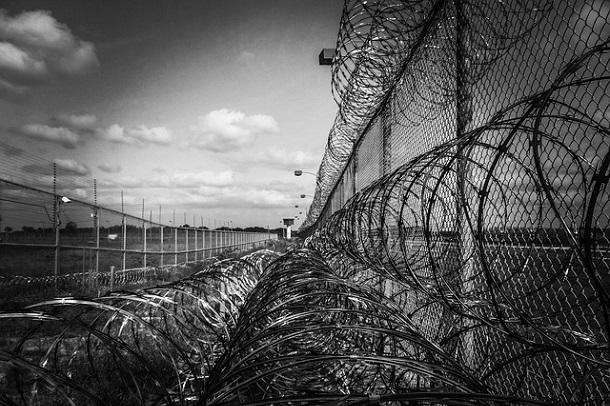IPP sentences or Indefinite Sentences for Public Protection were introduced in England and Wales in section 225 of the 2005 Criminal Justice Act to keep criminals who committed serious sexual or violent crimes behind bars until they no longer represented a threat to the public. The law was supposed to be applied to cases involving 153 specific offenses that could not qualify for mandatory or discretionary life-in-prison; reports show however that the measures were used in many cases to sentence crimes as minor as affray (fighting in public), criminal damage for less than £20 and shoplifting. Nowadays about 4600 inmates remain in prison without a set release date.
The idea behind these provisions was that the judge would suggest a recommended sentence without determining an actual release date. The prisoners would be required to follow some rehabilitation programs and present their cases in front of a three people parole board, who would then decide if the criminal had actually repented and if he or she could be allowed back into society. Those who were set free had to be on probation for a minimum of 10 years and could be sent back to prison at any time if the conditions of this trial were breached.
The government expected no more than 900 people serving this type of sentences at any time, but in the period culminating with its abolition in 2013 more than 6000 people were convicted with IPP sentences, thereby overwhelming the system. Although the European Court of Human Rights decided that IPP sentences violated the human right to liberty and security established by art. 5 of The European Convention on Human Rights, former Minister for Prisons and Rehabilitation Jeremy Wright said that the government has still
No intention of retrospectively altering sentences that had been lawfully imposed before the IPP sentences were abolished, especially as they were imposed to adequate public protection
Today, the system presents major issues involving all aspects of the process. First off, the great majority of inmates have long served their recommended sentences; for example, 773 prisoners were given a tariff of two years or less before 2008: 275 have served at least seven years and 26 among them only received a sentence of 6 months or less. Moreover, the rehabilitation courses, often required by the judge in order to present a case in front of the parole board, are ill-funded and scarcely available. Many detainees have to be put on waiting lists for long periods of time to take part in these programs, or they ask to be transferred to a different facility, only to find out that they had been misinformed and that the courses are not available.
Another major problem emerges once the inmates are released back into society: many of the parole conditions established by the judge are very severe and they might include prohibition to meet with certain friends or family members, requirements to be in strict contact with the parole officer and restrictions to the person´s mobility. As a result, since 2012 more than 50% of IPP prisoners released on parole since have been called back to prison.
Finally, budget cuts have seriously affected the parole board system on multiple levels: First of all, the amount of cases that can be heard each year is in decline. Secondly, often parole officers have very few time to analyze the situation of single prisoners, which leads non-self-evident cases to be often deferred. Moreover, an essential part of each case is supposed to be built on reports that especially appointed offender managers should regularly write about each IPP prisoner in order to monitor their progress or lack thereof; However, many prisons had to cut back on hiring staff so IPP inmates often cannot present the necessary documentation to make a case for themselves in front of the board. All these factors contribute to the fact that between 2012 and 2014 only 400 prisoners a year were released, which means that it could take up to eight years before all prisoners are out without taking the recidivism rate into account.
Stuck in the system, with no way to prove that they are no longer a threat, constantly waiting for a chance to be given to them to make a case for themselves and with nothing to be looking forward to, IPP inmates suffer from deep psychological issues, as 42% of IPP inmates have been described as “self-harming” compared to 6% of the overall male prison population and 24% of female inmates. The suicide rate is also much higher than the average and 16 IPP prisoners have committed suicide since the law was abolished in 2013.
Many criticize the fact that the system is still in place, arguing that current inmates should either be released or should serve tough but determined sentence, coupled with strict monitoring arrangements. This would be much more effective and cost efficient, since England and Wales currently spend over £119 million each year to keep them in prison.

